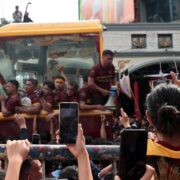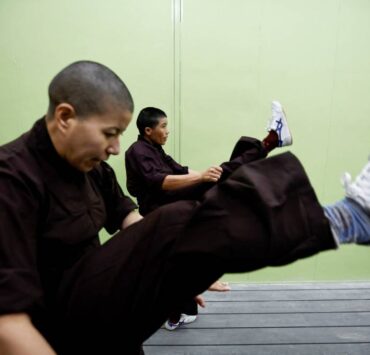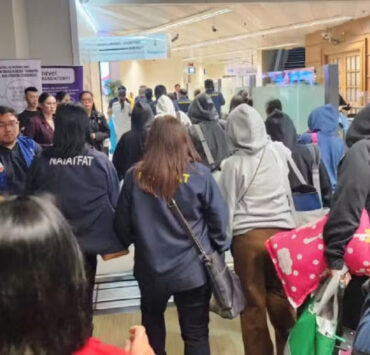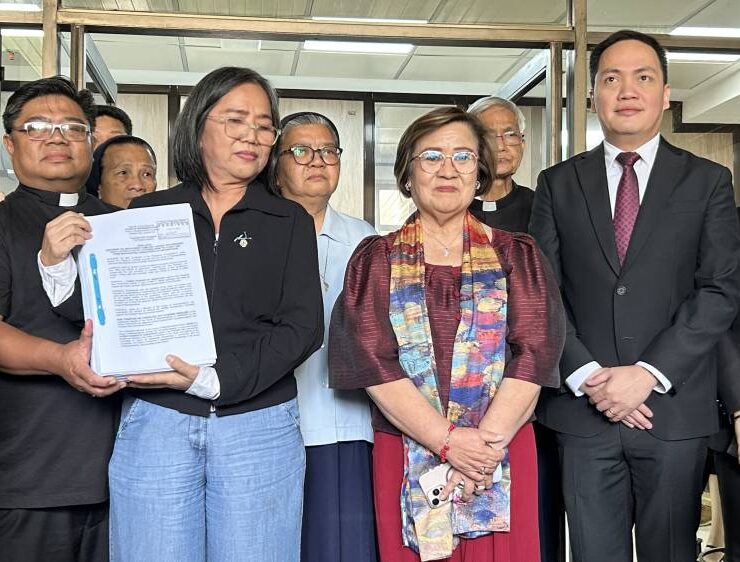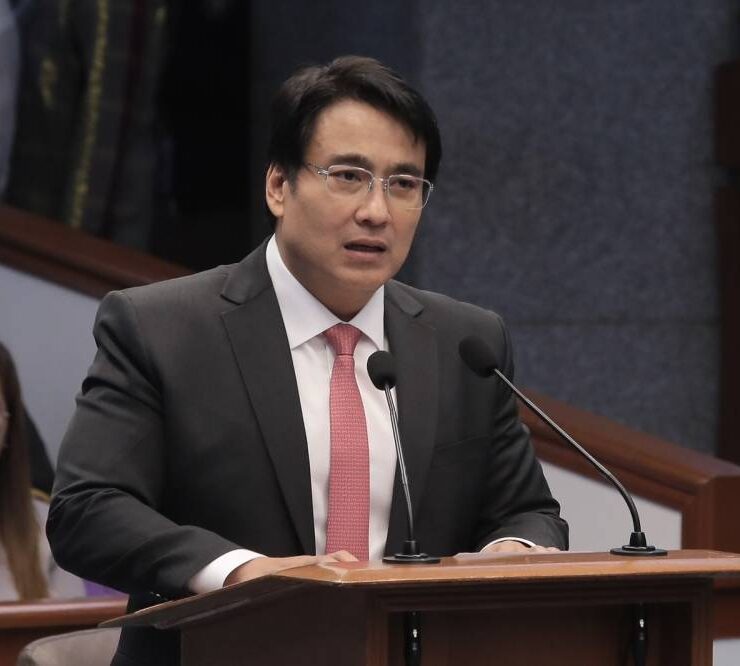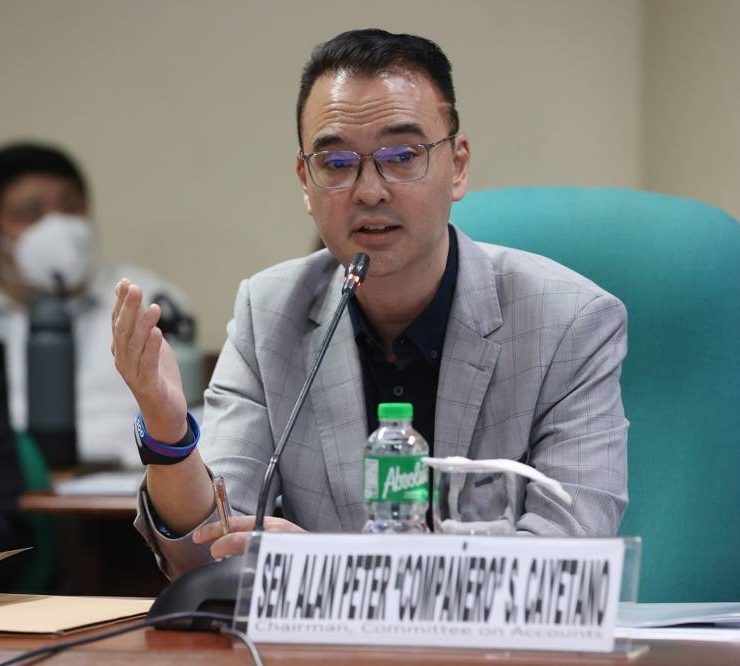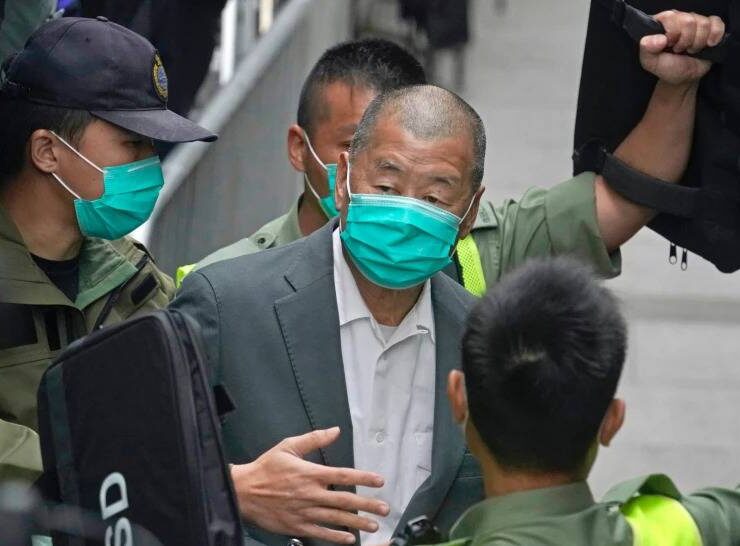‘Teacher to the Barrios’ bill revived in House
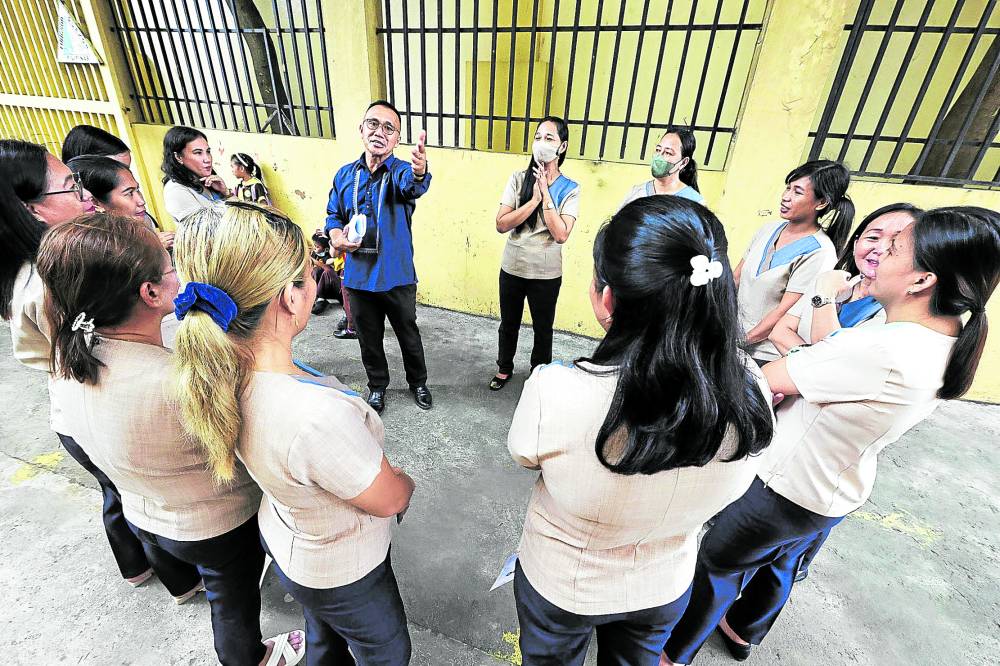
A House member has resubmitted her proposal to establish a program in the Department of Education (DepEd) for the deployment of teachers to remote areas nationwide who will receive the necessary support and compensation they are entitled to for their efforts.
House Bill (HB) No. 11195 of Eastern Samar Rep. Maria Fe Abunda, also known as the Teacher to the Barrios Act, has been referred to the House committee on basic education and culture. She filed a similar measure in 2020 during the 18th Congress, which reached only the committee level.
“We are replete with stories of school-aged children crossing mountains and rivers just to reach school. On the other hand, we are full [of] stories of a few but mighty teachers who travel to barrios so the children do not have to,” she said.
“These teachers do so at great personal and professional cost. Barrio teachers who volunteer themselves to far-flung areas risk their safety and health without the benefit of career security, career progress nor just compensation,” she added.
Commensurate benefits
Abunda said that by creating the Teacher to the Barrios program, educators would be provided “with means more commensurate to their efforts” and also receive their “long overdue and much deserved recompense” while encouraging more colleagues to follow in their footsteps.
“This bill will aid in the government’s effort to formalize and standardize instruction brought to students in areas which are remote, far-flung, geographically isolated and/or generally hard to reach,” Abunda said, while acknowledging that “further improvements must be made to address the issue of inaccessibility of education.”
“There are countless roads yet to be built in order for us to reach barrio classrooms yet to be constructed,” she said, adding that her proposed program was only one of the steps in continuing efforts to close the gaps in Philippine education.
Pool of educators
The general objective of her bill, according to Abunda, is for the DepEd to maintain a pool of teachers who will commit themselves to serve by conducting study sessions and formal basic education for residents in areas which are “remote, far-flung, geographically isolated and/or generally hard to reach.”
Under HB 11195, residents will be taught “with a module or system parallel to that of a formal basic education in the form of study sessions, which may be conducted in a public community hall or private hall.”
Teachers taking part in the program will receive basic salaries no lower than that of an entry-level public school elementary teacher. They will be entitled to representation and transportation allowances, hazard pay, social benefits and be given the option to avail themselves of scholarships for postgraduate studies, provided they have rendered at least four years of service.
“The local government units (LGUs) may request for the deployment of ‘Teacher to the Barrios’ in the local communities/barangay within their jurisdiction,” the bill said. The LGU, it added, would also provide community halls where the learning sessions could be held.
The Department of Health has a similar initiative to address the shortage in doctors serving in impoverished and remote areas nationwide.
Several batches of physicians under its Doctors to the Barrios program have since been deployed since being initiated in 1993 by then Health Secretary Juan Flavier who, as a young doctor, served in remote areas. He wrote a book titled “Doctor to the Barrios,” which was based on his experience. It was published in 1970.













